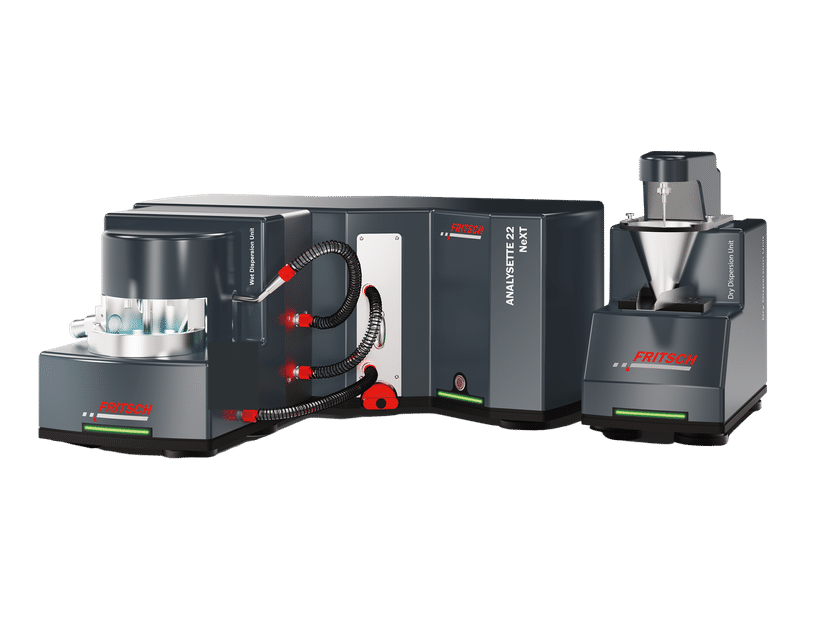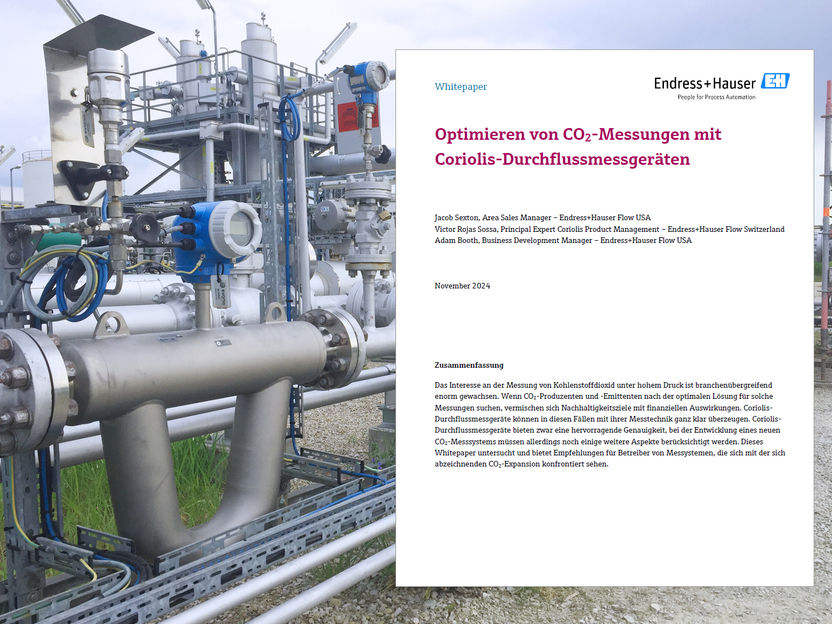Ticona Introduces Dissipative Acetal Material to Reduce Static Charge in Auto and other Fuel Systems Components
Advertisement
Ticona, the technical polymers business of Celanese AG, has introduced Celcon(R) CF802 acetal copolymer, a fiber-reinforced grade having electrical dissipation capabilities. This grade, which has a static decay time of less than 0.01 sec. and a surface resistivity of 103 ohms in as-molded components, is a good candidate for use in automotive fuel systems, material handling systems and wherever static charge build-up is a problem.
New Grade Meets Fuel Systems Requirements
Celcon CF802 acetal copolymer meets the requirements of the Federal Test Method for Electrostatic Properties of Materials (FTM 101C, Method 4046) and the SAE J1645 Fuel System Electrostatic Charge Standard. It is also approved under General Motors material specification GMN 7830P-POM-041.
Enhanced Polymer-to-Fiber-Reinforcement Bond
The new grade is made with proprietary Ticona technology that forms a tight bond between the fibers and the acetal matrix. This technology allows the acetal to accept fiber reinforcements and still have physical, mechanical, flow and other properties similar to unfilled acetal, e.g., a tensile modulus of 2,790 MPa and a notched Charpy impact strength of 4.5 KJ/m2. The new grade also has excellent chemical resistance and dimensional stability.
Celcon(R) Acetal Copolymer in Automotive Fuel Systems
Celcon acetal copolymer is widely used in automotive fuel applications. A recent 5,000-hour study by Ticona of how commonly used fuel system plastics age when exposed to nine auto fuel blends found that Celcon acetal copolymer was more resistant to oxygenated and non- oxygenated fuels than acetal homopolymer, polyester and aliphatic polyketone at temperatures found in fuel tanks and outside the engine compartment.
Most read news
Other news from the department research and development

Get the chemical industry in your inbox
By submitting this form you agree that LUMITOS AG will send you the newsletter(s) selected above by email. Your data will not be passed on to third parties. Your data will be stored and processed in accordance with our data protection regulations. LUMITOS may contact you by email for the purpose of advertising or market and opinion surveys. You can revoke your consent at any time without giving reasons to LUMITOS AG, Ernst-Augustin-Str. 2, 12489 Berlin, Germany or by e-mail at revoke@lumitos.com with effect for the future. In addition, each email contains a link to unsubscribe from the corresponding newsletter.
Most read news
More news from our other portals
Last viewed contents

ANALYSETTE 22 NeXT | Fritsch
Continuous_distillation
Drag_(physics)_derivations
Halogen
Rheniite

The path to accurate CO2- measurement - Using Coriolis flow meters to overcome the challenges of CO2 measurement
Margaret_Oakley_Dayhoff
KEMRAD
































































